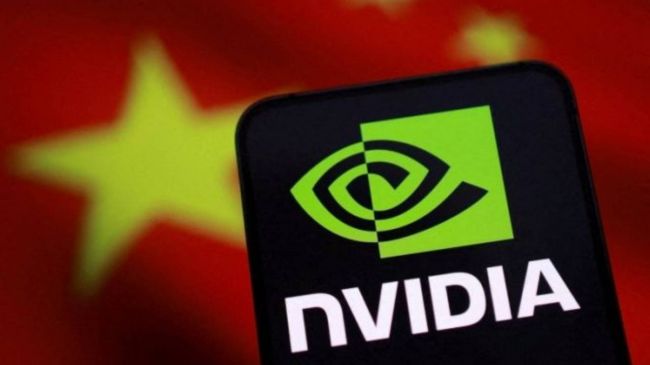Who Is Ruoming Pang?
Ruoming Pang led Apple’s foundation models team, responsible for building the core AI behind Apple Intelligence features like Genmoji, smart notifications, and summarization. Prior to Apple, Pang worked at Alphabet and DeepMind, where he focused on large model architecture and neural network design.
But Pang’s move isn’t just a career switch—it reveals a lot about what’s happening behind the scenes at Apple and Meta.
Where Is He Headed?
Pang has joined Meta’s Superintelligence Labs, a cutting-edge AI division designed to push beyond current generative AI toward true reasoning and planning systems. The unit is headed by Alexandr Wang (Scale AI) and Nat Friedman (GitHub), signaling serious intent.
So what motivated Pang to leave Apple’s high-profile AI division and jump aboard Meta’s new project?
Why Did Pang Leave Apple?
According to insider reports, Apple’s AI strategy has been internally divided—particularly over how much to rely on OpenAI’s GPT-4o versus building in-house models. Pang’s departure reflects mounting frustration over these strategic disagreements.
And with Meta aggressively pursuing top AI minds, they offered something Apple couldn’t match—at least not right now.
Sources suggest Pang received a multi-million-dollar annual package, potentially with equity options and a signing bonus in the tens of millions. Meta’s broader hiring strategy includes offers as high as $100 million for elite AI talent.
But this isn’t just about the money—Meta’s new AI unit itself is a major attraction.
Formed in early 2025, Superintelligence Labs is Meta’s moonshot initiative to build next-generation AI models with long-term memory, reasoning, and autonomy. The lab is staffed with top-tier researchers and runs outside of Meta’s traditional AI structure.
With such a strong team forming, who else has Meta pulled into its superintelligence orbit?
Who Else Is on the Team?
Zuckerberg has personally recruited high performers from OpenAI, DeepMind, Anthropic, and Tesla’s Autopilot division. Some were reportedly pitched at his private residences, underlining just how high the stakes are for Meta.
With Pang now on board, Apple must respond—and fast.
What Happens to Apple’s Foundation Models Team?
Pang’s exit adds to growing leadership turnover. His deputy, Tom Gunter, also resigned weeks earlier. The team will now be led by Zhifeng Chen, with oversight from Craig Federighi and Mike Rockwell as Apple realigns its internal AI priorities.
But what does this reshuffling cost Apple in terms of innovation?
What Has Apple Lost?
Losing Pang means losing momentum, internal trust, and possibly more staff. As Apple leans on GPT-4o and external partners, it may fall behind in foundational research. The departures signal broader discontent within Apple’s AI ranks.
Meanwhile, Meta is gaining something much bigger than just a new hire.
By hiring Pang, Meta gains a leader who has built production-grade models across multiple tech giants. His expertise in training pipelines and deployment will directly shape Meta’s future AGI ambitions.
And the timing of this hire couldn’t be more strategic.
Why This Move Is Strategically Timed
The switch comes just as Apple debuts Apple Intelligence and Meta expands data center investments to support massive model training. It’s a moment when AGI ambition, compute scale, and timing all align.
And this battle over talent is far from over.
Could This Affect AI Talent Wars?
Absolutely. Meta’s move will likely escalate bidding wars, while pushing Apple to improve its internal autonomy and compensation models. Smaller labs may also start preemptively locking in top engineers to avoid poaching.
The industry has certainly taken notice of this shift.
Industry Reaction
Investors view this as a big win for Meta’s AI credibility. Engineers, meanwhile, are questioning Apple’s long-term AI direction. Researchers are keeping an eye on how quickly Pang influences Meta’s output in reasoning or planning AI models.
Which brings us to the big question—what does this mean for the broader future of AI?
Ruoming Pang’s departure isn’t just a personnel change—it’s a signal that the AI race is entering a more aggressive phase, one focused on reasoning, autonomy, and leadership consolidation. Meta’s Superintelligence Labs is now better positioned than ever to lead the next evolution of AI, while Apple must either regroup or risk falling behind.





